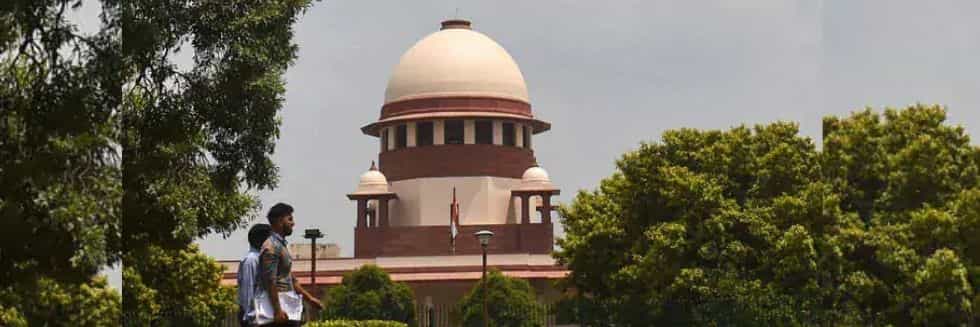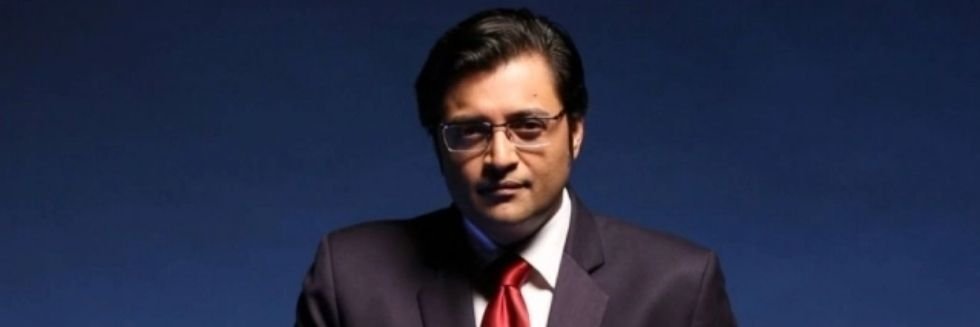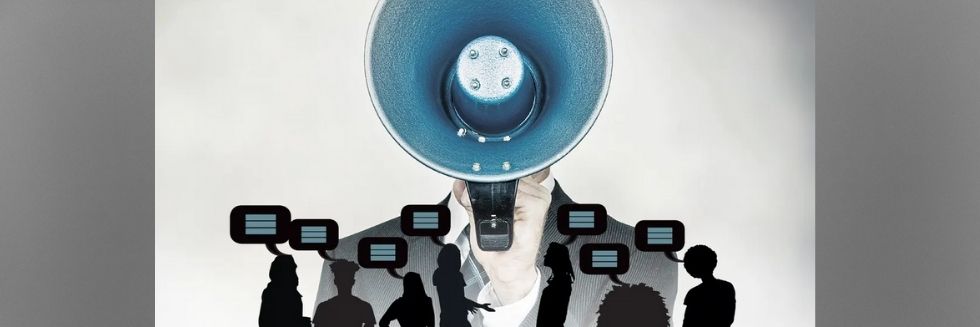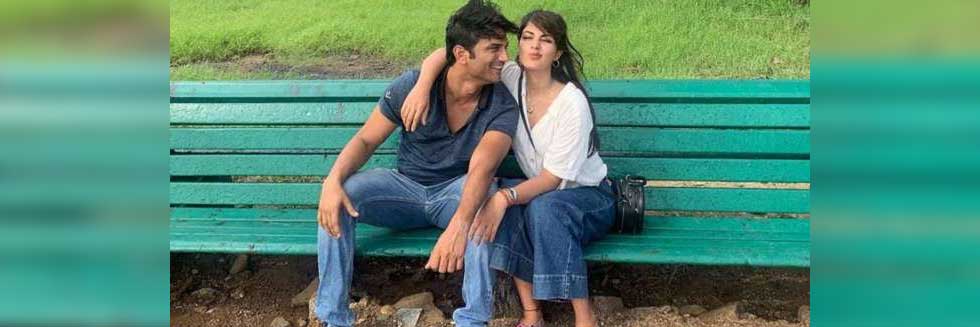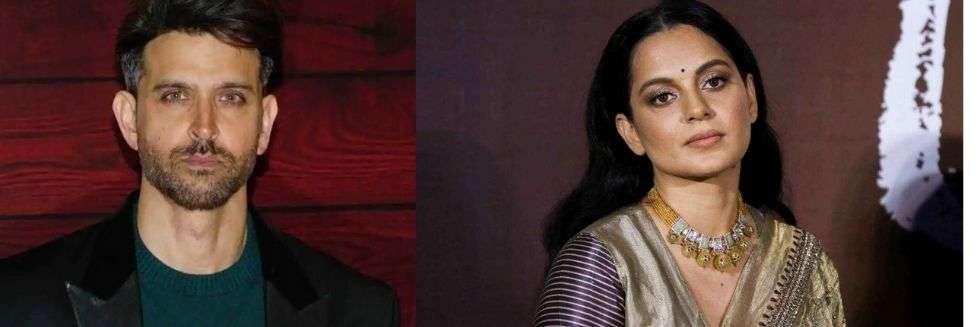While hearing a plea filed by Election Commission against Madras High Court’s “book for murder” remarks, Supreme Court noted that media cannot be stopped from reporting the oral observations made by the judges during the hearing of the case.
The bench comprising Justice DY Chandrachud and Justice MR Shah also stated that court discussions are of public interest and people are entitled to know about the whole judicial process regarding dialogue between the bar and the bench through media reporting.
The bench also added that such media reporting also brings more accountability for the judges and will foster citizens’ confidence in the judiciary.
The bench was hearing a petition filed by the Election Commission of India against the Madras High Court oral observations where High Court bench had held EC responsible for the second wave of Covid-19 and stating that its officials should be booked for murder.
The top court also stated that the media is an important watchdog in democracy and therefore cannot be stopped from reporting court observations.
“We cannot say that the media cannot report the contents of the discussions in a court of law. Discussions in a court of law are of equal public interest, and I would put it in the same pedestal as the final order. Discussion in the court is a dialogue between bar and bench. The unfolding of the law is equally important and media has a duty to report. It’s not only our judgements that are significant for our citizens,” the court observed.
Justice Chandrachud further added, “What is happening in the court is also of concern to the citizens..what is happening, whether there is application of mind, how it fosters justice, these are all of the concern for the citizens. We wish that media should report fully what is happening in Court. It brings a sense of accountability. Media reporting would also show that we are dispensing our duties fully.”
“The media is powerful and communicating what happens in court. Not only our judgements, but raising of questions, answers and dialogues is a concern for citizens. Media not reporting observations is far-fetched,” the bench said.
The top court clarified that it is not going to interfere with the High Court decisions. “We are looking at this from a long term and impact on the functioning of High Courts. We don’t want to demoralise our high courts. They are vital pillars of our democracy. Things are often said in an open dialogue between bar and bench,” said the division bench.
“We don’t want to demoralize our High Courts, which are doing tremendous work during the COVID. We cannot tell the Judges that confine yourself to pleadings. The HC Judges are doing tremendous work, burning the midnight oil, they are overwhelmed. They know what’s happening on the ground. It is bound to affect your psyche,” Justice Chandrachud said.
While talking about the remarks, the Supreme Court bench said that strong observations were made often out of anger or frustration, and sometimes they worked as a “bitter pill” also.
Senior advocate Rakesh Dwivedi submitted that EC was pained that the High Court made the remarks without even giving a single change to explain what it has done to maintain the Covid SOP. He also stated that Covid-19 management was not the Election Commission’s prerogative. “Harsh criticism are also welcome but somewhere line has to be drawn,” Dwivedi added.
The apex court agreed that the “book for murder” remarks made by Madras High Court were quite strong but they might have been made out of anguish or frustration.
“Left to myself, I would not have made those remarks. I’m sure my brother Justice Shah also would not have made it,” Justice Chandrachud said.
Maintaining that SC cannot dilute the judicial process, Justice Chandrachud stated, “We will strike a balance to maintain the independence of our High Courts while taking your concerns into account.”
“But tell ECI that the intention is not to run down an institution. In our order, we will clarify that institutions have to be strengthened,” the bench said.
The matter has now been posted for hearing on Thursday.
On April 29, Election Commission had earlier approached the Madras High Court to restrain the media from reporting the court’s oral observations. The Commission took the step after it received a flak all over the country after Madras High Court observed that Election Commission is singularly responsible for the disastrous second wave of coronavirus and should be booked for murder.
After Madras High Court denied to pass any such orders, Election Commission moved the Supreme Court.
